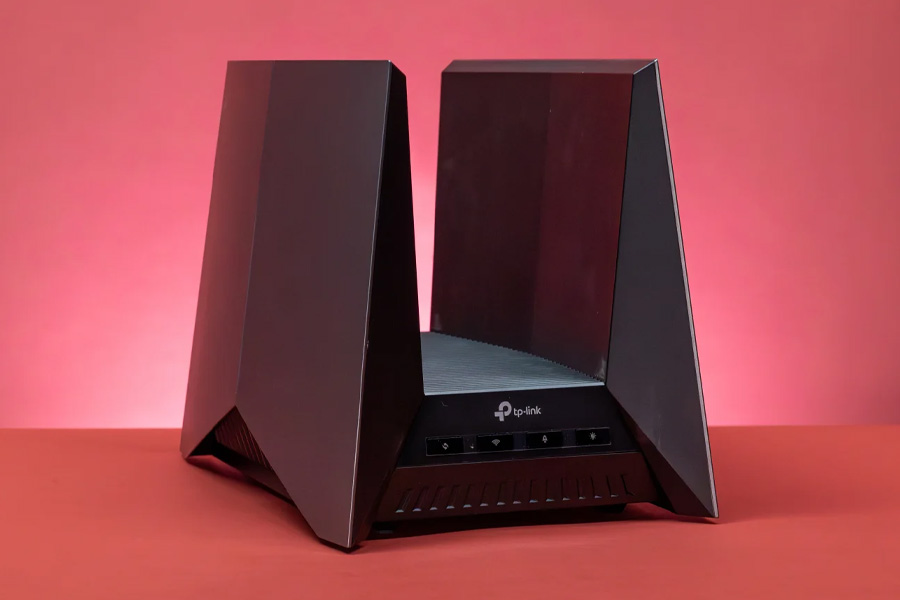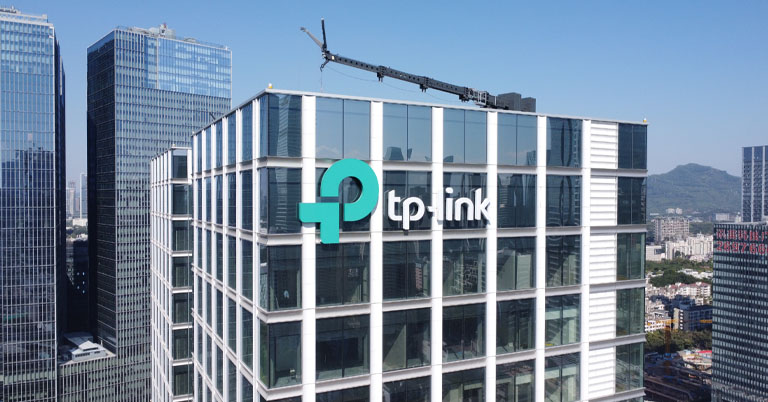The U.S. government is apparently reviewing a potential ban on TP-Link routers due to "national security concerns." This comes as the US government looks into the company’s connections and whether it meets U.S. security rules or not. This article will discuss everything about the TP-Link router situation, including its background, the government’s concerns, and market impact. Let's dive!
TP-Link Ban Overview

Company Background
TP-Link was founded in Shenzhen, China, in 1996 by Jeffrey Chao and Jiaxing Zhao. In October 2024, the company split into TP-Link Technologies and TP-Link Systems, the latter headquartered in Irvine, California. The company is privately owned by Chao and his wife and does have a large number of employees based in China, but TP-Link has denied any Chinese government influence, stating:
"As an independent US company, no foreign country or government, including China, has access to or control over the design and production of our products."
Market Presence
TP-Link is a common router brand in the U.S. Some reports say its market share jumped from 20% in 2019 to 65% in 2025, though independent data puts it closer to 12% of home routers. It’s also sold by over 300 internet providers.
- Also, read
- Samsung Galaxy Tab A11 arrives in Nepal with Helio G99 chip
- YouTube’s AI upscaling might finally fix old low-res videos
Since December 2024, the U.S. government has been looking into TP-Link. Officials are worried about things like sensitive American data being at risk, possible influence from the Chinese government, and router weaknesses that could be exploited for cyberattacks. Lawmakers are also keeping an eye on whether TP-Link follows Chinese rules and the risk of routers being used in foreign cyber operations. The Department of Justice is checking if the company used low pricing to push out competitors, but TP-Link says its prices are above cost and profitable.
Current Status
A total ban has been approved by multiple agencies, but the Department of Commerce is still reviewing it. Analysts say ongoing U.S.–China talks under the Trump administration make an immediate ban less likely. TP-Link says it’s willing to address concerns by moving more development to the U.S., investing in cybersecurity, and being more transparent and cooperative with authorities.
- Meanwhile, check out our review of the iPhone 17 Pro Max
Article Last updated: November 2, 2025

.gif)











